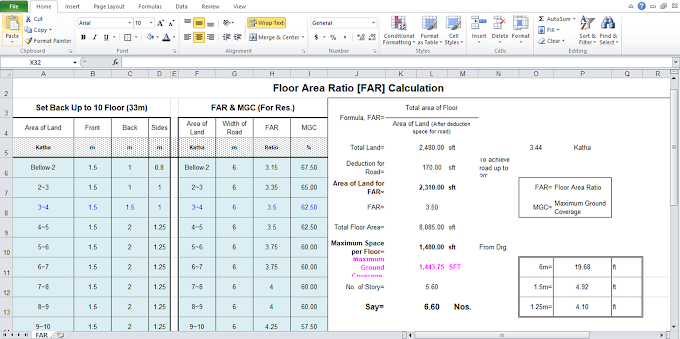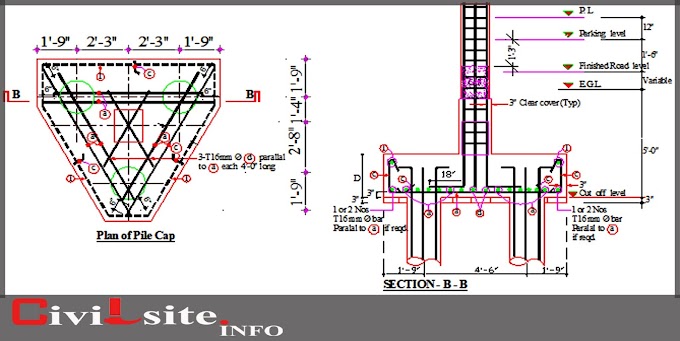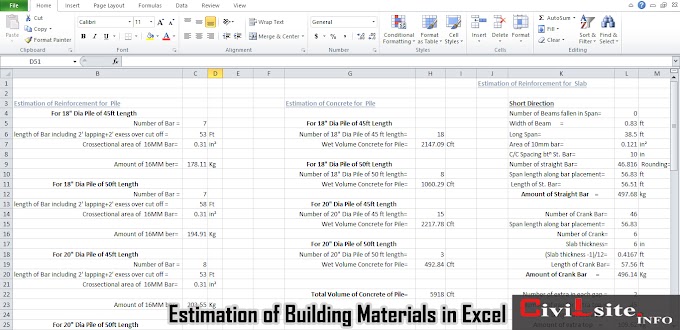Engineering service companies offer a wide range of activities and services depending on their areas of specialization.
Here are some common activities performed by engineering service companies:
Design and Planning: Engineering firms are often involved in the design and planning phase of projects. They use their expertise to create detailed engineering designs, develop conceptual plans, and provide technical specifications. This includes structural design, civil engineering, electrical and mechanical systems design, and architectural planning.
Feasibility Studies: Engineering service companies conduct feasibility studies to assess the viability and potential risks associated with a project. This involves evaluating technical, economic, and environmental factors to determine if a project is practical and achievable.
Project Management: Engineering firms may offer project management services to oversee and coordinate the various aspects of a project. This includes creating project schedules, managing budgets, coordinating resources, and ensuring compliance with regulations and industry standards.
Construction and Supervision: Engineering service companies often provide on-site supervision and inspection during the construction phase of a project. They monitor construction activities, ensure compliance with design specifications, resolve technical issues, and manage quality control.
Structural Analysis and Design: Structural engineering firms specialize in analyzing and designing the structural components of buildings, bridges, and other structures. They assess structural integrity, calculate loads, design foundations, beams, columns, and provide construction drawings and specifications.
Environmental Impact Assessments: Engineering service companies may conduct environmental impact assessments (EIAs) to evaluate the potential environmental effects of a project. This includes assessing air and water quality, noise levels, habitat disruption, and proposing mitigation measures.
Energy Efficiency and Sustainability: Engineering firms often provide expertise in energy efficiency and sustainable design practices. They assess and recommend energy-efficient systems, renewable energy solutions, green building certifications, and sustainable practices for minimizing environmental impact.
Technical Consulting and Expertise: Engineering service companies may offer technical consulting and expertise in specific fields. This can include specialized engineering disciplines such as geotechnical engineering, electrical engineering, mechanical engineering, chemical engineering, or process engineering.
Research and Development: Some engineering service companies engage in research and development activities to innovate and improve existing technologies or develop new engineering solutions. This involves conducting experiments, prototyping, testing, and analyzing data to advance engineering knowledge and capabilities.
Regulatory Compliance: Engineering firms assist clients in navigating regulatory requirements and obtaining necessary permits and approvals. They ensure compliance with building codes, safety regulations, environmental regulations, and other applicable standards.
It's important to note that the specific activities of engineering service companies may vary based on their areas of expertise, the industries they serve, and the types of projects they undertake.
Here are some engineering service companies in North Vancouver, British Columbia:
Kerr Wood Leidal Associates Ltd.: They provide engineering and environmental consulting services, specializing in water resources, hydroelectric power, and municipal infrastructure projects. Website: https://kwl.ca/
McElhanney Consulting Services Ltd.: This multidisciplinary engineering and planning firm offers a wide range of services, including civil engineering, transportation planning, land development, environmental engineering, and more. Website: https://www.mcelhanney.com/
AES Engineering Ltd.: They provide civil, structural, and geotechnical engineering services for residential, commercial, and industrial projects. They also offer services in land development, municipal engineering, and building envelope assessments. Website: https://www.aesengr.com/
Ausenco Engineering Canada Inc.: This global engineering and project management firm offers expertise in various industries, including mining, oil and gas, infrastructure, and industrial sectors. They provide engineering, procurement, construction management, and consulting services. Website: https://www.ausenco.com/
Northwest Hydraulic Consultants Ltd. (NHC): NHC specializes in water resources engineering and environmental sciences. They provide services related to river and coastal engineering, hydrology, hydraulic modeling, habitat restoration, and floodplain management. Website: https://www.nhcweb.com/
SAC Engineering Inc.: This consulting engineering firm offers services in civil and structural engineering, specializing in building envelope design, rehabilitation, and seismic assessments. They also provide services in geotechnical engineering and construction management. Website: http://www.sacengineering.ca/
Please note that it's always a good idea to research and evaluate these north vancouver engineering companies further to determine their specific areas of expertise, project experience, and client reviews before engaging their services.
What are the activities of electrical works in construction?
- Electrical System Design: This involves the planning and design of the electrical system layout, including the placement of outlets, switches, lighting fixtures, and power distribution boards. Design considerations also include load calculations, circuit sizing, and adherence to electrical codes and regulations.
- Electrical Wiring and Installation: Electricians install and connect electrical wiring throughout the building, ensuring proper routing, protection, and grounding. This includes running wires through conduits, installing junction boxes, and making connections at outlets, switches, and electrical panels.
- Power Distribution: Electricians install and connect electrical panels, transformers, circuit breakers, and distribution boards to distribute electricity throughout the building. This involves sizing and organizing circuits to meet the power demands of different areas and systems within the building.
- Lighting Installation: Electricians install and connect lighting fixtures, including recessed lights, track lights, chandeliers, and emergency lighting systems. They also install and wire lighting controls, such as dimmer switches and motion sensors.
- Installation of Electrical Equipment: Electricians install and connect various electrical equipment, such as HVAC systems, elevators, security systems, fire alarm systems, and communication systems. They ensure proper wiring and integration with the overall electrical system.
- Electrical Safety Systems: Electricians install and connect safety systems, including ground fault circuit interrupters (GFCIs), arc fault circuit interrupters (AFCIs), surge protectors, and backup power systems like generators or Uninterruptible Power Supply (UPS) units.
- Testing and Commissioning: After the installation is complete, electricians perform thorough testing and verification of the electrical system to ensure proper functionality and compliance with safety standards. This includes conducting insulation resistance tests, continuity tests, and load testing.
- Maintenance and Troubleshooting: Electricians may provide ongoing maintenance services for electrical systems, including periodic inspections, repairs, and replacements of faulty components. They also troubleshoot electrical issues, identify faults, and rectify problems as needed.
- Compliance and Documentation: Throughout the electrical works process, electricians ensure compliance with electrical codes, standards, and regulations. They document the installation, testing, and maintenance procedures, creating as-built drawings and records for future reference.














0 Comments